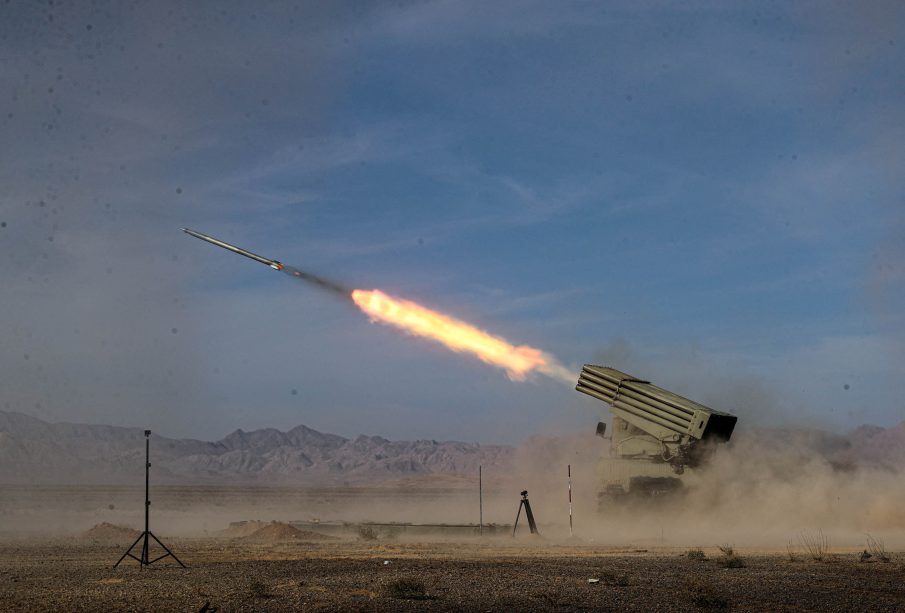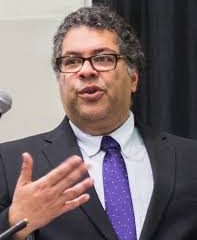Understanding Recent Political Changes in Iran

Introduction
The political landscape in Iran is a topic of significant interest, especially given the country’s influential role in Middle Eastern geopolitics. Recent events have sparked both national and international concern, particularly around human rights issues and the potential for future reforms. Understanding these dynamics is vital not just for policymakers, but also for citizens around the world who are affected by Iran’s actions.
Recent Events
In September 2022, the death of Mahsa Amini, a 22-year-old woman arrested for allegedly violating Iran’s strict dress code, sparked widespread protests across the nation. The unrest highlighted long-standing frustrations with government oppression, economic struggles, and a desire for civil liberties. Protests erupted in various cities, fueled by calls for women’s rights and political freedoms. In response, the Iranian government took firm action, leading to a harsh crackdown which resulted in numerous arrests and casualties. Despite this, the protests have persisted, demonstrating a resilient push for change among segments of the Iranian populace.
International Response
The global reaction to the protests has been one of condemnation and support for the Iranian people’s right to protest. The United States and several European countries have imposed sanctions on Iranian officials connected to the crackdown. The U.N. has also voiced concerns regarding human rights violations and has called for accountability. These international actions aim to pressure the Iranian government to adopt reforms and respect its citizens’ rights, though the effectiveness of such measures is often debated.
Significance and Future Outlook
As Iran continues to grapple with internal dissent and international scrutiny, the significance of these events cannot be overstated. The ongoing protests reflect a critical juncture in Iranian society where citizens are increasingly vocal about their aspirations for democracy and human rights. Looking ahead, it remains unclear whether the Iranian government will respond to these calls for reform or maintain its existing authoritarian stance.
For readers around the world, the developments in Iran provide a window into the complexities of governance, civil liberty struggles, and the challenges of enacting change in an entrenched political system. Furthermore, the situation in Iran has implications for regional stability and international relations, particularly concerning nuclear negotiations and economic sanctions. As the world watches, it is crucial to maintain awareness of the situation in Iran and support efforts towards achieving a more open and free society.









